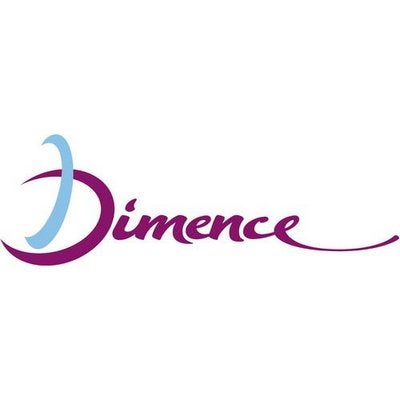According to Dutch guidelines, a healthy lifestyle consists of sufficient Exercise, no Smoking, no Alcohol, healthy Diet and sufficient Relaxation (BRAVO). Other factors that fit well with a healthy lifestyle include not sitting a lot and for long periods of time, drinking enough water, getting enough sleep and reducing or avoiding too much stress. In addition, a healthy lifestyle can also include components that are not directly about physical health, such as meaning and a healthy work-life balance. And what does a healthy lifestyle mean according to autistic adults? What do they think should be researched in this area?
Why research into a healthy lifestyle?
A healthy lifestyle provides many benefits. It contributes to mental well-being, a healthy weight, better sleep, healthy aging, and a better quality of life. It also prevents or reduces the risk of (chronic) diseases, or making them worse.
Autistic adults may experience several challenges when they want to (continue to) maintain a healthy lifestyle. These challenges may be different from those faced by non-autistic adults, for example, due to certain autistic traits (such as stimulus sensitivity), multiple diagnoses (such as ADHD, depression, anxiety), lifestyle factors (such as being gainfully employed or not), the presence of certain problems (such as sleep and eating problems, fatigue symptoms), and environmental factors (such as a non-autism-friendly exercise environment). Yet little research has been done on healthy lifestyle among adults with autism.
The study
We start with an exploratory study: understanding the extent to which autistic adults maintain a healthy lifestyle when it comes to fruit and vegetable intake, exercise, alcohol and smoking. Possible follow-up research is possible if there is sufficient funding.
Orientation study: among autistic adults, we will investigate how much fruit and vegetables they eat, drink alcohol, and smoke and whether they are underweight, healthy weight or overweight. Here, we ask what percentage of autistic adults follow the Dutch guidelines for healthy eating, drinking alcohol and smoking. We are also investigating this among people from the entire Dutch population, most of whom are not autistic. We want to know whether there are differences between these two groups, and how big these differences are. We also take into account the age, gender, and education of research participants, and whether or not they have a migration background.
In addition, among people with autism, we will investigate whether a number of factors may influence whether or not they can adhere to the guidelines for exercise, eating fruit and vegetables, drinking alcohol and smoking. These factors include, among others, being over- or under-sensitive to light and noise, having or not having paid work, having or not having professional guidance, having or not having a partner and having other diagnoses (such as depression, anxiety or ADHD).
Participation
Data for this exploratory study have already been collected through the (annual) NAR questionnaires up to 2023.


